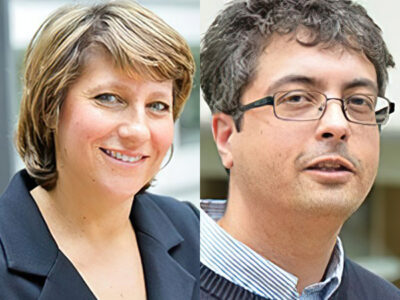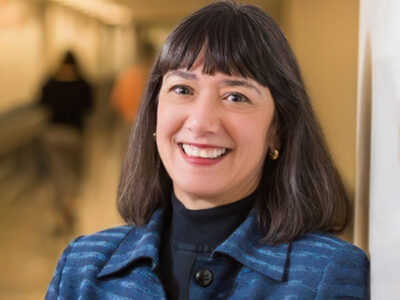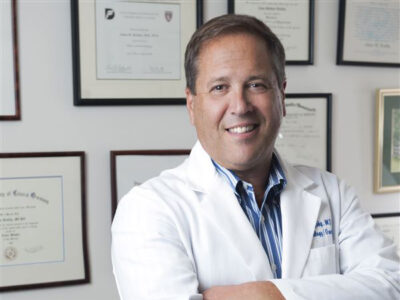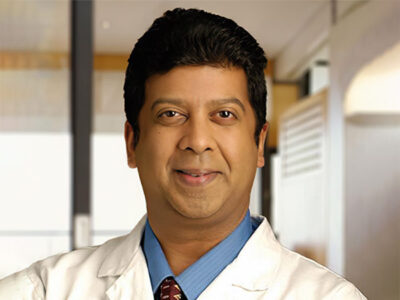According to the National Cancer Institute (NCI), 1,735,350 people were newly diagnosed with cancer in 2018. Of those, 65% are expected to achieve remission from their cancer 1.
Nearly three years after its introduction, the CMS's Oncology Care Model (OCM) remains the most ambitious and far-reaching initiative to shift cancer care toward value-based models.
As a physician-scientist, I have spent my career advancing research in women's health. I was a part of the planning effort to design and launch TMIST—the Tomosynthesis Mammographic Imaging Screening Trial.
Over the past decade there has been much consternation about overdiagnosis, the detection of cancers that would not have been diagnosed without screening.
Overdiagnosis is defined as the diagnosis of an asymptomatic cancer that would not have become clinically evident during the person's lifetime in the absence of screening or similar activities, such as diagnostic imaging tests that reveal “incidentalomas.”
Many have written and spoken about the goal of eliminating the effect of developing and delivering medical care in “silos.”
A University of California, Irvine patient with glioblastoma recently received an experimental cancer vaccine from the U.S. subsidiary of Brussels-based Epitopoietic Research Corp. (ERC-USA). While most cases of patients receiving experimental medical treatment are not particularly newsworthy, this one was.
Last week, the American Cancer Society released its annual Facts and Figures report, showing that we continue to make exceptional progress against cancer, most notably with a 27 percent decline in the death rate across all cancer types over the last 25 years.
In my twenty-two years of practicing medicine, I have observed the evolution of genomic testing and its increasing utility in oncology.
Study shows DNA biomarker can be used to predict outcomes for high risk low grade gliomas













